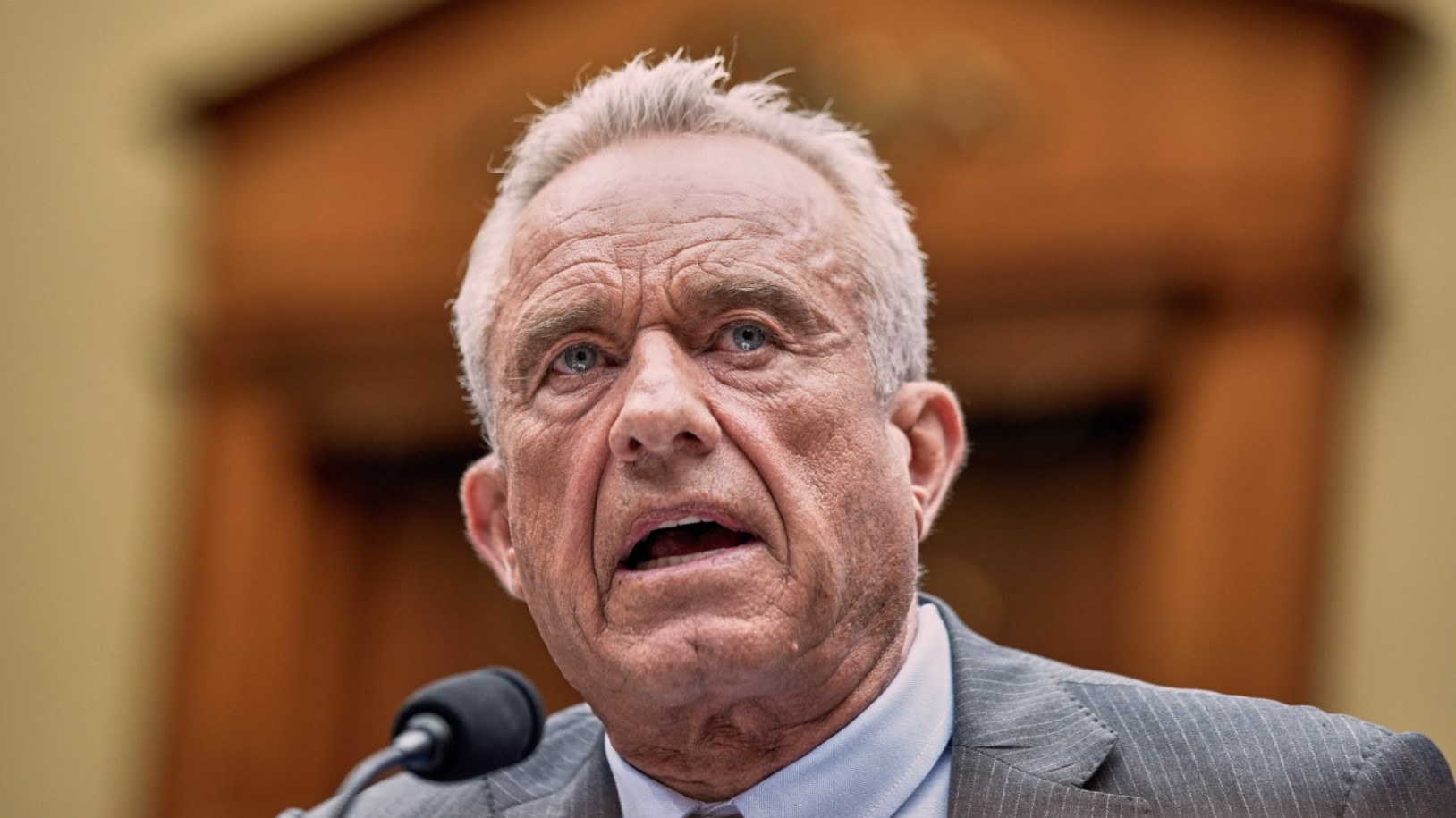
Restoring Trust: RFK Jr.'s Vision for the CDC
In a compelling op-ed published in the Wall Street Journal, Robert F. Kennedy Jr. outlines his ambitious plan to restore public trust in the Centers for Disease Control and Prevention (CDC). Amid rising skepticism towards health agencies, his proposals aim to address decades of bureaucratic inertia and the fallout from politicized science.
Understanding the Crisis of Confidence
The last few years have seen a significant decline in public confidence in the CDC. The COVID-19 pandemic magnified existing issues, as mixed messages and rapidly changing guidelines left many feeling uncertain about the agency's credibility. Kennedy's op-ed highlights the need for a comprehensive strategy to rebuild trust, acknowledging that the erosion of faith in public health institutions is a growing concern.
What Does Kennedy Propose?
Kennedy believes that transparency is key. He advocates for an independent review of the CDC's decision-making processes to avoid future politicization. By making data and decision rationales more accessible, he hopes to reestablish the CDC as a reliable source of public health information. Additionally, he emphasizes the importance of engaging directly with communities to understand their concerns and needs, thereby creating a tailored approach to public health messaging.
Past Performance: Lessons from History
Historically, trust in public institutions has ebbed and flowed based on their perceived effectiveness and transparency. Notable examples can be seen in past health crises where agencies successfully rebuilt trust through accountability and community engagement. Kennedy's approach echoes these lessons, advocating for a reset that champions open dialogue over bureaucratic secrecy.
The Role of Media in Shaping Public Perception
Media coverage also plays a pivotal role in shaping how the public views health institutions like the CDC. Kennedy's strategy includes fostering better relationships between the CDC and the media to ensure accurate and consistent reporting on public health issues. This could help counter misinformation and restore faith in the guidelines the CDC provides.
Public Engagement: The Path Forward
Kennedy suggests that public health campaigns should be more interactive, inviting community participation in public health discussions. This could lead to tailored health policies that resonate more effectively with diverse populations. By focusing on grassroots outreach, Kennedy aims to dismantle the barriers that have caused disconnect between health agencies and the communities they serve.
Implications for Future Health Policy
Moving forward, RFK Jr.'s vision also poses important questions for future health policies. If trust can be rebuilt, what new possibilities emerge for collaboration between public health agencies and the communities they aim to protect? This could redefine how health initiatives are communicated and implemented, potentially leading to more effective health outcomes across the nation.
Conclusion: Your Role in Revitalizing Trust
As citizens, it's crucial to engage with public health discussions actively. By advocating for transparency and accountability in health reporting, we can contribute to the renewal of trust in agencies like the CDC. Staying informed allows us to hold public officials accountable and supports a healthier dialogue about public health policies.
 Add Element
Add Element  Add Row
Add Row 



Write A Comment